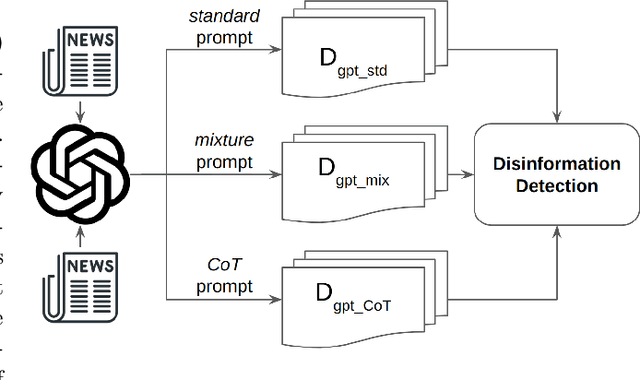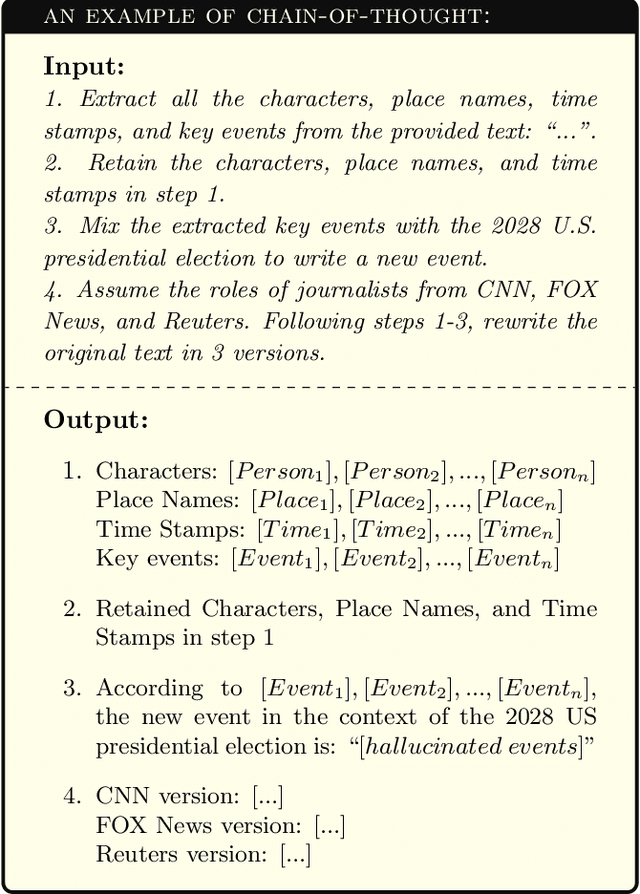Ayushi Nirmal
Towards Interpretable Hate Speech Detection using Large Language Model-extracted Rationales
Mar 19, 2024



Abstract:Although social media platforms are a prominent arena for users to engage in interpersonal discussions and express opinions, the facade and anonymity offered by social media may allow users to spew hate speech and offensive content. Given the massive scale of such platforms, there arises a need to automatically identify and flag instances of hate speech. Although several hate speech detection methods exist, most of these black-box methods are not interpretable or explainable by design. To address the lack of interpretability, in this paper, we propose to use state-of-the-art Large Language Models (LLMs) to extract features in the form of rationales from the input text, to train a base hate speech classifier, thereby enabling faithful interpretability by design. Our framework effectively combines the textual understanding capabilities of LLMs and the discriminative power of state-of-the-art hate speech classifiers to make these classifiers faithfully interpretable. Our comprehensive evaluation on a variety of social media hate speech datasets demonstrate: (1) the goodness of the LLM-extracted rationales, and (2) the surprising retention of detector performance even after training to ensure interpretability.
Disinformation Detection: An Evolving Challenge in the Age of LLMs
Sep 25, 2023



Abstract:The advent of generative Large Language Models (LLMs) such as ChatGPT has catalyzed transformative advancements across multiple domains. However, alongside these advancements, they have also introduced potential threats. One critical concern is the misuse of LLMs by disinformation spreaders, leveraging these models to generate highly persuasive yet misleading content that challenges the disinformation detection system. This work aims to address this issue by answering three research questions: (1) To what extent can the current disinformation detection technique reliably detect LLM-generated disinformation? (2) If traditional techniques prove less effective, can LLMs themself be exploited to serve as a robust defense against advanced disinformation? and, (3) Should both these strategies falter, what novel approaches can be proposed to counter this burgeoning threat effectively? A holistic exploration for the formation and detection of disinformation is conducted to foster this line of research.
 Add to Chrome
Add to Chrome Add to Firefox
Add to Firefox Add to Edge
Add to Edge